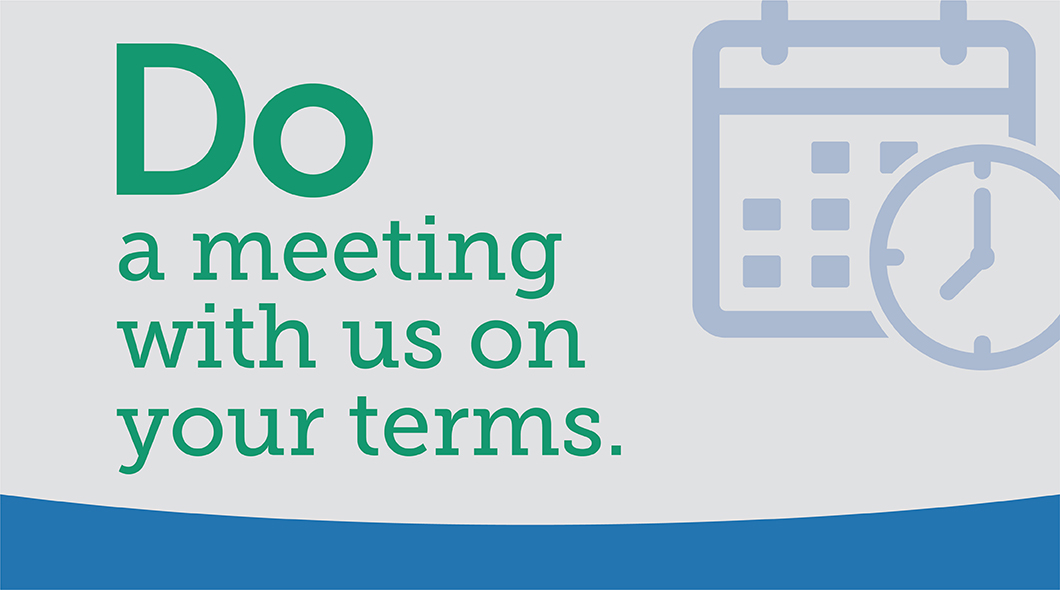Selecting your closing agent
You have the option of selecting your closing agent from the list of settlement service providers that will be given to you. If you do not have a preference, we will select a provider for you.
Obtaining title insurance
Title insurance is one of the requirements for closing your mortgage loan. Your closing/title agent will issue a title commitment that contains the status of the title and conditions that must be complied with in order to issue a title policy. The agent will work with the necessary parties to attempt to resolve any title issues that must be cleared prior to closing. The loan policy insures us that the mortgage being recorded is a valid first lien. If you are purchasing a home, you will probably want to purchase an owner’s title policy to insure your interest. The charge for title insurance varies in each state. An estimate of these charges will be provided on your loan estimate. The title policies are prepared by the closing agent after the insured documents have been recorded.
Closing your loan
Closing is the final step to conclude the real estate transaction. It is usually held at a convenient location for the buyers and sellers and is conducted by a closing or settlement agent. The closing agent coordinates the details of the closing with all parties involved, prepares the closing disclosure, and issues a title commitment. Upon receipt of the commitment letter from Dollar Bank, the closing agent will schedule and perform the closing, disburse the funds and record the documents. As a borrower, you will be expected to sign the mortgage loan documents. The closing agent will notify you in advance of the amount, if any, you will be required to bring to the closing in the form of a cashier’s check or money order.
The closing date is set after you receive your commitment letter from Dollar Bank. Keep in mind that the closing must take place before your commitment and rate lock expire.
You may want to contact your Dollar Bank mortgage representative to review the conditions of your mortgage commitment and to discuss the other items required for closing. For example, all borrowers are required to provide a homeowner’s insurance policy with a minimum coverage of the loan amount that is in effect as of the date of closing, along with a paid receipt for the policy.
One of the most important financial forms you will receive is the closing disclosure. It is a list of the services and charges paid by the buyers and the sellers. It will be completed by the settlement agent and should be available to you one day prior to closing. The closing disclosure is signed by the buyers and the sellers.
After you receive your closing disclosure from the settlement agent one day prior to closing, you should review the charges. The closing disclosure will reflect the actual amount that you will need for the loan closing.
The settlement agent will review the closing disclosure with you and the sellers at the closing.
There are several other documents and affidavits which you will be required to sign to complete the transaction. The documents are listed below:
Note
A legal document specifying the terms of debt including the amount to be paid, when installments are due and the term of the loan.
Mortgage (deed of trust)
A legal document that pledges a property to the lender as security for payment of the loan.
Deed
The legal document conveying title to a property.
Rider
The rider is a legal document that amends and supplements the mortgage. It is used on adjustable-rate mortgages to document such items as the formulation of rate and payment changes. It defines the limits or caps of the interest rate and the method of notice of interest rate and payment changes to the borrower. A rider is also necessary on all transactions involving a plan unit development or condo.
